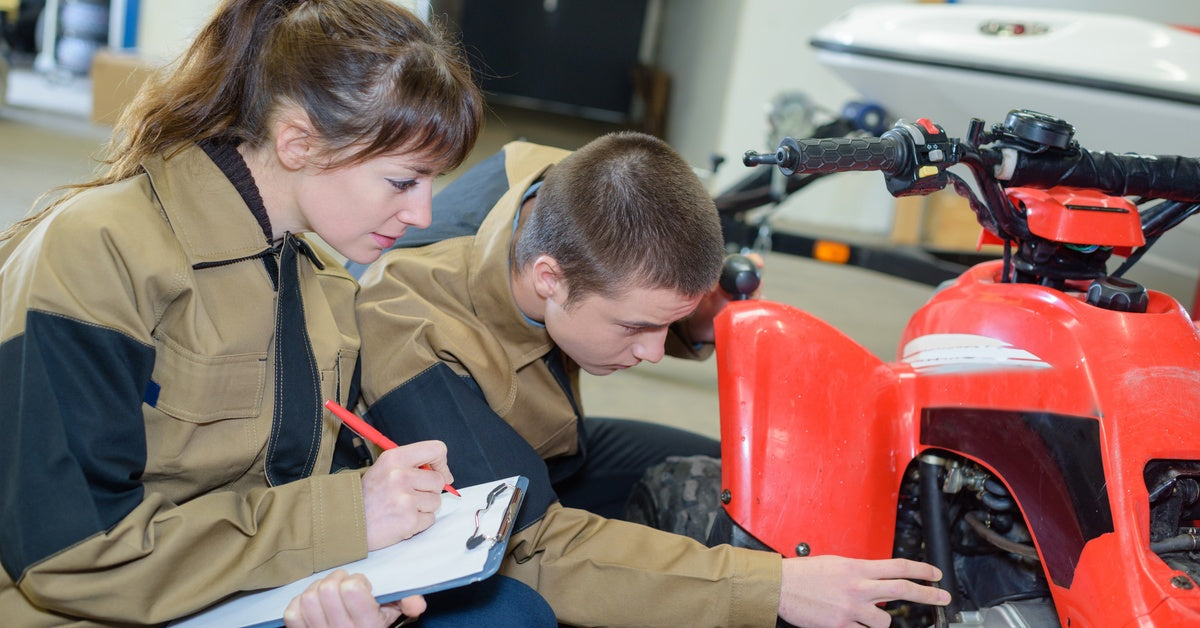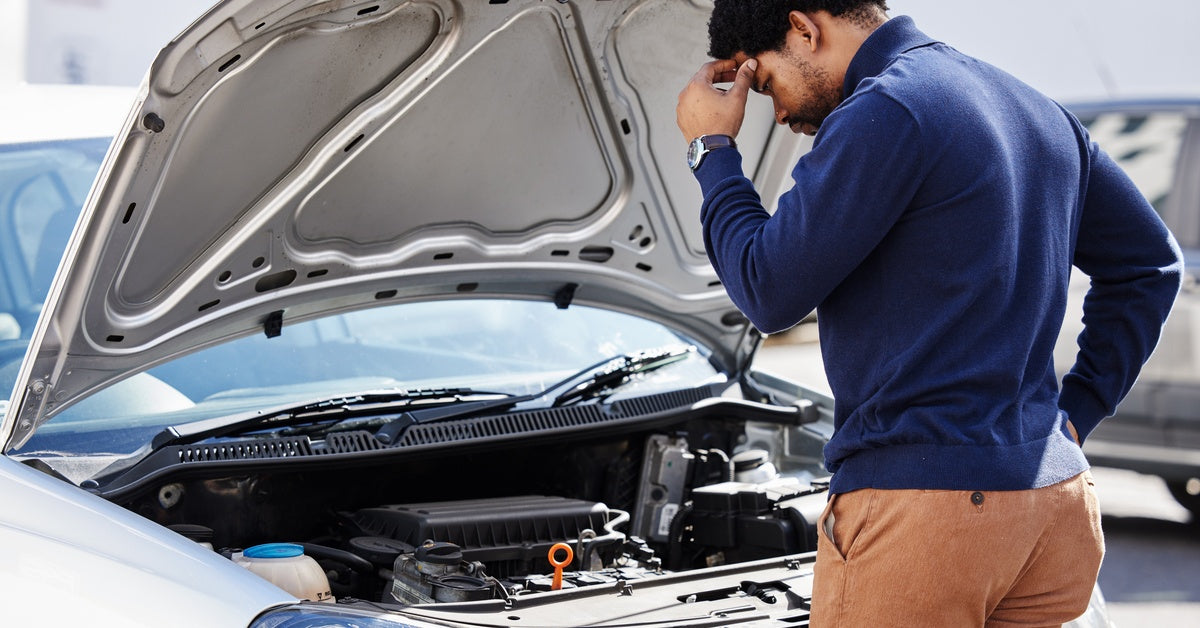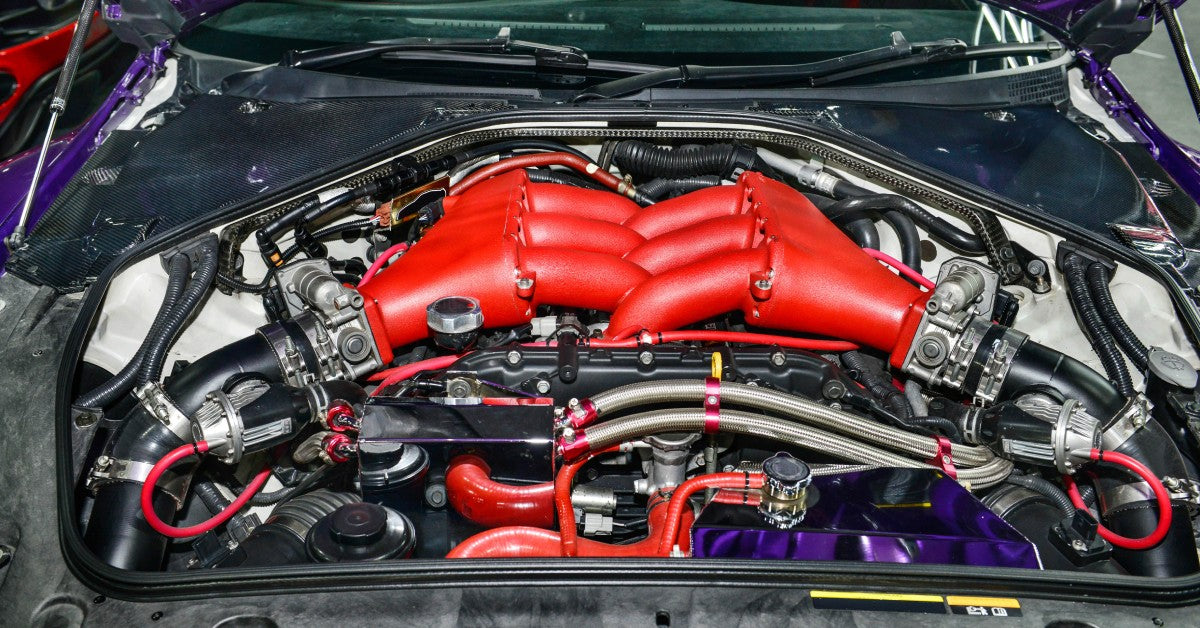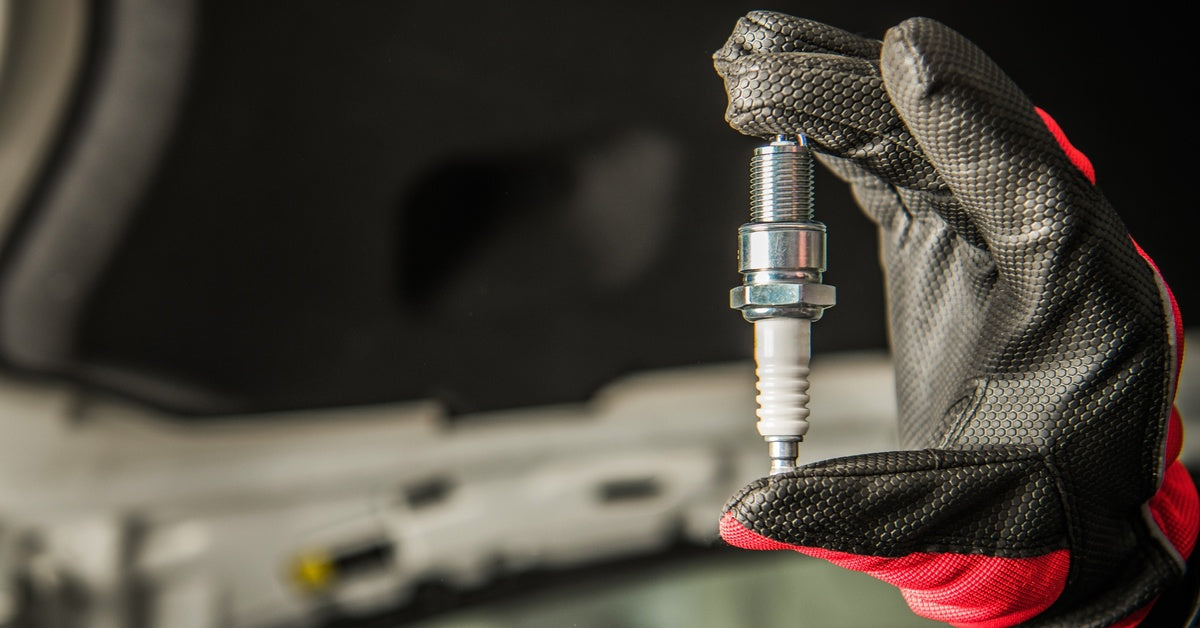
Race fans eagerly await announcements from Chase Carey, the chief executive of the Formula One Group, about revisions to the schedule of events for the 2020 season. Unfortunately, Formula One’s traveling circus of race teams, officials and media is at high risk from the COVID-19 Pandemic. As it circles the globe each year, F1 travels to more than twenty countries over an eight-month span. Since many of the governments involved have closed their borders to stop the spread of the coronavirus, no one currently knows if restrictions will end in time for Formula One to salvage its 2020 season. In early March, Formula One officials had to cancel the sanctioning body’s season opener at the Australian Grand Prix after a crew member at McLaren was diagnosed with COVID-19. Although it was believed that F1 only brought a single case of coronavirus into the country, other host countries are now unclear as to what this means for Formula One racing for the rest of this season.
With the spread of the coronavirus worldwide, the events scheduled this year were supposed to feature a record 22 races, but everything has been thrust into a tailspin as the F1 season is indefinitely on hold. Of the first ten events planned for 2020, the Australian GP, the French GP, and the Monaco GP have been cancelled. It will be the first time since 1954 the F1 World Championship does not include a street race around the principality of Monte Carlo. Postponed events include the Bahrain GP, Vietnam GP, Chinese GP, Dutch GP, Spanish GP, Azerbaijan GP, and Canadian GP. Currently, the best-case scenario would see some combination of the remaining twelve (12) scheduled events to be conducted from late summer through December, and possibly extending into January of 2021. Chase Carey has announced that there will not be the traditional “summer break” where the F1 factories shutdown. Although temporary schedules are subject to change, Carey hopes Formula One racing resumes in early July in Austria, with the Red Bull Ring in Spielberg and the Silverstone track in the U.K. potentially used for multiple closed-door events without spectators.
The world’s most prestigious race-sanctioning body is owned by the investment firm Liberty Media and is traded on the Nasdaq (FWON). Without doubt, the delay to the Formula One season has had a huge financial impact on the series, F1 race teams, and promoters around the globe. Typically, the primary source of revenue is based on the $762.8 million paid by broadcasters, the $602.1 million paid by race promoters, and the monies collected from series sponsors. Currently, overall operating income for the Liberty Media group fell by more than ninety percent as compared to the first quarter of 2019. The biggest cost for Formula One is the prize money paid (approximately 68% of annual profit) to the teams for competing at each event. To help smaller teams survive, officials may attempt to impose an annual budget cap for teams below $200 million annually. By comparison, the big three F1 teams at Red Bull, Mercedes and Ferrari currently spend more than $400 million annually. Formula One Group has already tabled the radical developmental changes to the 2021 rulebook, as a cost-reduction measure.
|
FORMULA ONE TENATIVE RACE SCHEDULE |
||
|
Sunday – July 5 |
Austrian Grand Prix |
Red Bull Ring at Spielberg |
|
Sunday – July 19 |
British Grand Prix |
Silverstone in U.K. |
|
Sunday – August 2 |
Hungarian Grand Prix |
Hungaroring at Mogyorod |
|
Sunday – August 30 |
Belgian Grand Prix |
Spa-Francorchamps at Stavelot |
|
Sunday – September 6 |
Italian Grand Prix |
Autodromo Nazinonale Monza |
|
Sunday – September 20 |
Singapore Grand Prix |
Marina Bay Street Circuit |
|
Sunday – September 27 |
Russian Grand Prix |
Sochi Autodrom at Krasnodar Krai |
|
Sunday – October 11 |
Japanese Grand Prix |
Suzuka Circuit Japan |
|
Sunday – October 25 |
United States Grand Prix |
Circuit of the Americas in Texas |
|
Sunday – November 1 |
Mexican Grand Prix |
Autodromo Hermanos Rodriquez |
|
Sunday – November 15 |
Brazilian Grand Prix |
Interlagos at Sao Paulo |
|
Sunday – November 29 |
Abu Dhabi Grand Prix |
Yas Marina Circuit |







